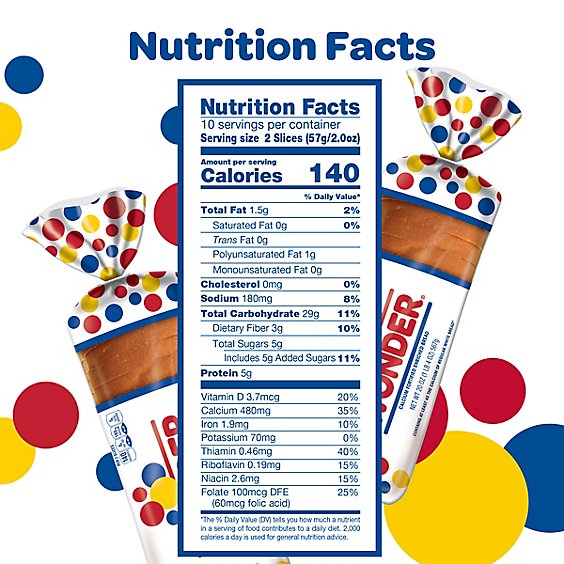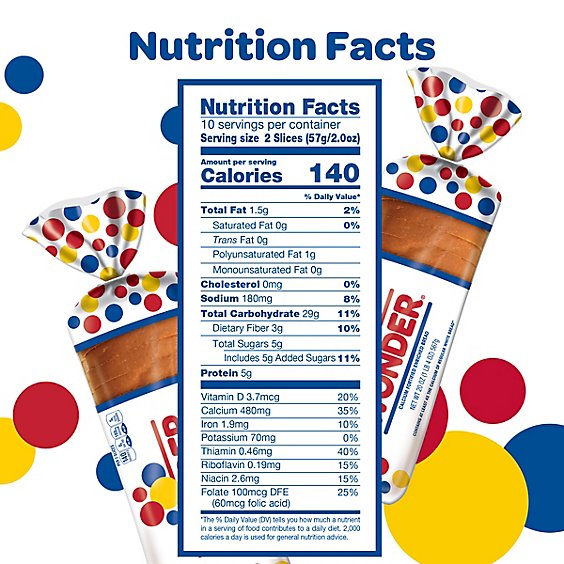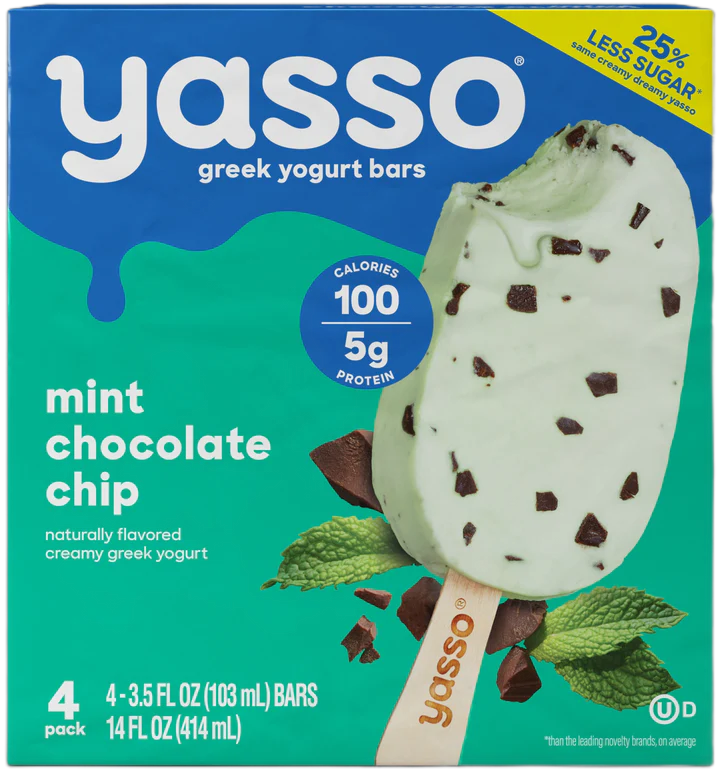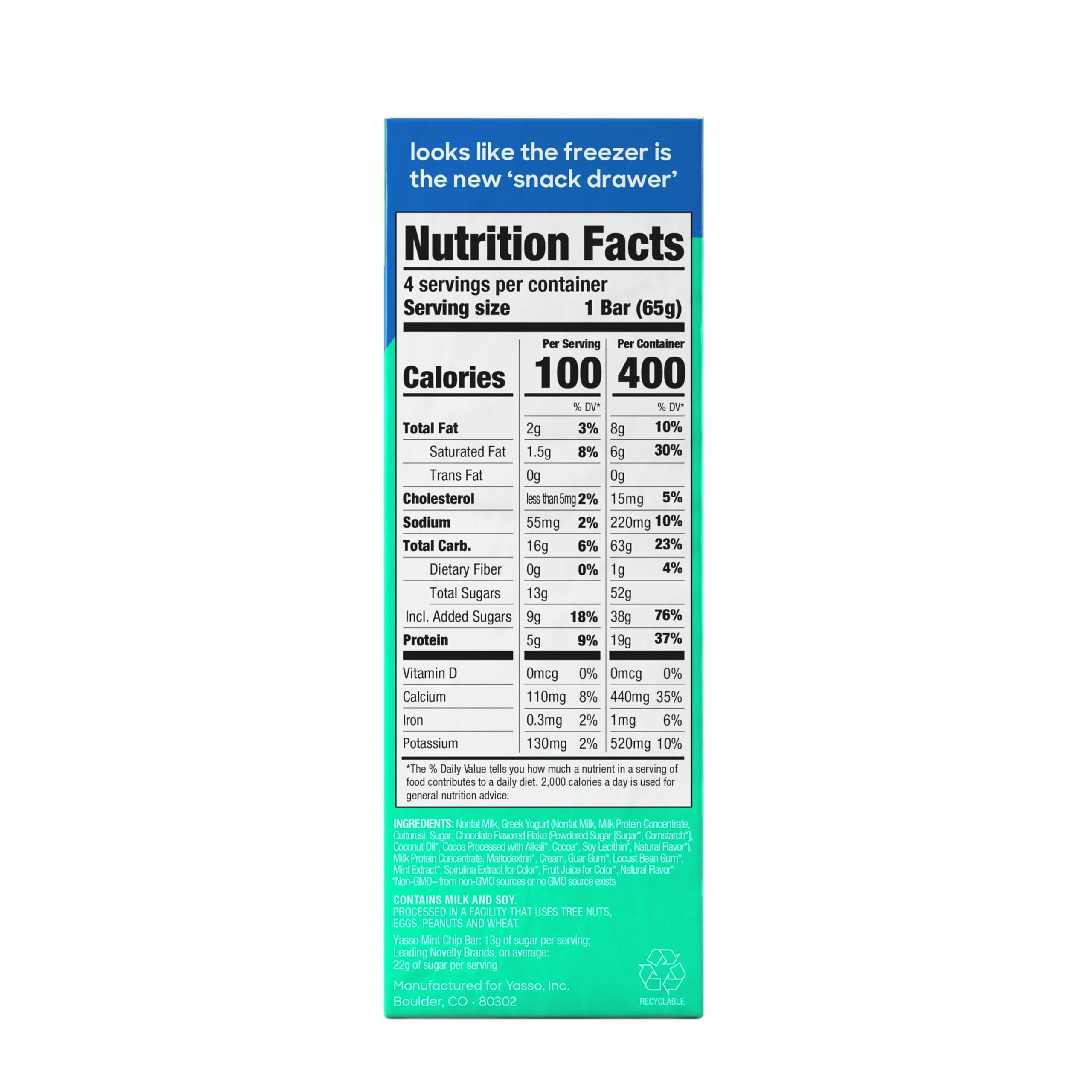
Japanese sweet potatoes are low in calories and rich in dietary fiber, vitamins, and minerals. They contain antioxidants like beta-carotene and vitamin C that promote overall health.
Japanese sweet potatoes, known for their unique flavor and nutritional benefits, have become an integral component of a healthy diet. Packed with essential nutrients, these root vegetables support various bodily functions and cater to those mindful of their health. They are an excellent source of complex carbohydrates, providing sustained energy without the spikes in blood sugar that simpler sugars cause.
This makes them a great option for individuals managing diabetes or looking to maintain steady energy levels throughout the day. Their high fiber content aids in digestion and contributes to feelings of fullness, potentially facilitating weight management. Regular consumption of Japanese sweet potatoes can help fortify your immune system, thanks to their vitamin-rich profile, and may contribute to healthy skin and vision due to the presence of beta-carotene. They truly are a nutritious choice for anyone aiming to enhance their diet.
The Unique Profile Of Japanese Sweet Potato
Japanese sweet potatoes shine with a nutritional profile distinct from other varieties. With a rich, sweet flavor and firm texture, they are more than a tasty treat. These vibrant tubers pack health-boosting nutrients and beneficial compounds. Explore the impressive nutritional makeup and antioxidant benefits of this beloved Japanese staple.
Nutritional Breakdown
One medium-sized Japanese sweet potato provides a wealth of nutritional benefits:
- High in fiber for digestive health
- Low in calories, making them a weight-friendly food
- Rich in vitamins, such as vitamin A and C
- An excellent source of minerals like manganese and potassium
Let’s look more closely at the numbers:
| Nutrient | Amount per 100g |
|---|---|
| Calories | 90 |
| Fiber | 3g |
| Vitamin A | 14187 IU |
| Vitamin C | 2.4mg |
| Potassium | 475mg |
| Manganese | 0.258mg |
Antioxidant Powerhouse
The vibrant purple hue of Japanese sweet potatoes comes from anthocyanins, powerful antioxidants. These antioxidants:
- Fight against harmful free radicals
- Reduce inflammation in the body
- Boost brain health and cognitive function
- Support a healthy heart
Additionally, Japanese sweet potatoes are a source of other antioxidant compounds like:
- Vitamin A
- Vitamin C
- Manganese
Together, these nutrients help maintain skin health and immune system function.
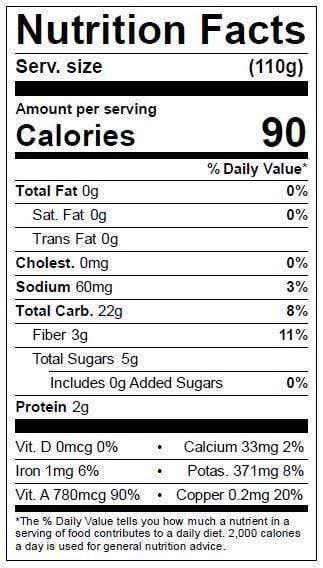
Credit: www.melissas.com
Health Benefits Related To Japanese Sweet Potato
Overflowing with vitamins and minerals, Japanese sweet potatoes are a powerhouse of nutrition.
They offer an abundance of health advantages for those who include them in their diet.
Let’s dive into some of the impressive benefits these purple-skinned treasures bring to the table.
Blood Sugar Management
Rich in fiber and complex carbohydrates, Japanese sweet potatoes help in steady blood sugar regulation.
- Fiber slows down the absorption of sugars into the bloodstream.
- It means a reduced risk of blood sugar spikes after meals.
Immune System Boost
Loaded with vitamin C and beta-carotene, they enhance your body’s immune defenses.
- Vitamin C is crucial for fighting off infections.
- Beta-carotene transforms into vitamin A, which is vital for immune health.
Anti-inflammatory Effects
Japanese sweet potatoes contain antioxidants with anti-inflammatory properties.
| Antioxidant | Effect |
|---|---|
| Anthocyanins | Combat inflammation-related diseases |
| Vitamin A & C | Reduce body inflammation |
Skin And Eye Health
Their high vitamin A content promotes healthy skin and good vision.
- Vitamin A fosters skin repair and maintenance.
- Essential for preventing vision loss, especially in the elderly.
Now that you’re clued in on the health benefits, make room for Japanese sweet potatoes on your plate!
Comparing Japanese Sweet Potato To Other Varieties
Japanese sweet potatoes stand out in the root vegetable crowd. With their unique flavors and health benefits, they’ve caught the attention of food lovers and health enthusiasts alike. In this section, we’ll dive into what sets these vibrant tubers apart from their cousins in terms of taste, texture, and nutritional content.
Taste And Texture Differences
When comparing the Japanese sweet potato to other varieties, its distinct taste and texture can’t go unnoticed. Known for its sweet flavor with hints of chestnut, this variety offers a culinary experience unlike the classic orange sweet potato. The texture is firmer and less fibrous, making it versatile for baking, roasting, or steaming.
Nutrient Content Comparison
Nutritionally, the Japanese sweet potato shines bright. It’s packed with vitamins A and C, fiber, and antioxidants. This table represents a nutrient content comparison to show how it stacks up against other sweet potato kinds.
| Nutrient | Japanese Sweet Potato | Other Varieties |
|---|---|---|
| Calories | Lower | Higher |
| Fiber | High | Variable |
| Vitamin A | Very High | High |
| Vitamin C | High | High |
| Antioxidants | Higher | Lower |
With these comparisons, it is clear the Japanese sweet potato is not only delicious but also one of the more nutritious options available.

Credit: supplements.selfdecode.com
Incorporating Japanese Sweet Potatoes Into Your Diet
Japanese sweet potatoes are a tasty twist on a familiar root vegetable. Rich in vitamins, fiber, and antioxidants, they offer a wealth of nutritional benefits. Baking, steaming, or grilling can unlock their natural sweetness. You can enjoy these potatoes at any meal, and we will guide you on how to pick and store them for freshness.
Cooking Methods
Unlock the full flavor of Japanese sweet potatoes with the right cooking method. Try these options:
- Roast: Enhance their sweetness.
- Steam: Keep nutrients intact.
- Grill: Get a smoky taste.
- Microwave: For quick meals.
Recipes For Every Meal
Start your day with sweet potato hash. For lunch, swap out bread for sweet potato in your favorite sandwich. Dinner time? Try stuffed sweet potatoes for a hearty meal.
| Meal | Recipe Idea |
|---|---|
| Breakfast | Sweet Potato Pancakes |
| Lunch | Sweet Potato Soup |
| Dinner | Stuffed Sweet Potatoes |
Tips For Storage And Selection
Pick ones that are firm. Avoid spots or cracks. Store them in a cool, dry place. Keep sweet potatoes away from other produce.
- Selection:
- Choose firm potatoes.
- No cracks or soft spots.
- Storage:
- Dark, well-ventilated area.
- Do not refrigerate.
Potential Downsides And Considerations
Exploring the nutritional benefits of Japanese sweet potatoes reveals a bounty of health advantages. Yet, some aspects deserve careful consideration. They may not suit every diet or individual. Understanding potential downsides helps make informed choices about their inclusion in a meal plan.
Allergies And Intolerances
Japanese sweet potatoes are naturally gluten-free and non-allergenic for most people. However, rare instances of allergies to this tuber have been reported. Symptoms such as itching, hives, or gastrointestinal distress may arise in individuals with sensitivities. It’s crucial to observe your body’s reaction if you’re trying new food items for the first time.
Carbohydrate Content And Diet Compatibility
Though packed with nutrients, Japanese sweet potatoes are also high in carbohydrates. This makes them less compatible with low-carb diets like keto. Here’s a quick overview of their carb content:
| Size | Carbohydrates |
|---|---|
| Small (130g) | 24g |
| Medium (150g) | 28g |
| Large (180g) | 34g |
Individuals tracking their intake for diabetes management or weight loss may need to consider portion sizes. For those concerned about blood sugar levels, the good news is that Japanese sweet potatoes have a low glycemic index. They cause a slower increase in blood sugar compared to other high-carb foods. Nonetheless, it’s always wise to consult a healthcare provider for personal dietary advice.

Credit: betterme.world
Frequently Asked Questions For Japanese Sweet Potato Nutrition
Is Japanese Sweet Potato Healthy?
Yes, Japanese sweet potatoes are healthy. They’re rich in vitamins, fiber, and antioxidants, supporting overall health and aiding digestion.
Which Sweet Potato Is The Healthiest?
All sweet potatoes are nutritious, but purple sweet potatoes have the highest antioxidant levels due to their rich anthocyanin content.
What Is The Difference Between Japanese Sweet Potatoes And Regular Sweet Potatoes?
Japanese sweet potatoes typically have a purple skin with white flesh and a nuttier flavor, whereas regular sweet potatoes, often with orange flesh, are sweeter and softer when cooked.
Do Japanese Sweet Potatoes Have Less Carbs?
Japanese sweet potatoes contain slightly fewer carbs than regular white potatoes, making them a lower-carb alternative.
Conclusion
Embracing the treasure trove of benefits offered by Japanese sweet potatoes can be transformative for your health. Their robust nutritional profile supports a healthy lifestyle, anchoring a well-balanced diet. Consider making them a staple in your meals to harness their vitamins, minerals, and fiber.
Simple, wholesome, yet profound – that’s the power of this vibrant root in your culinary arsenal.


